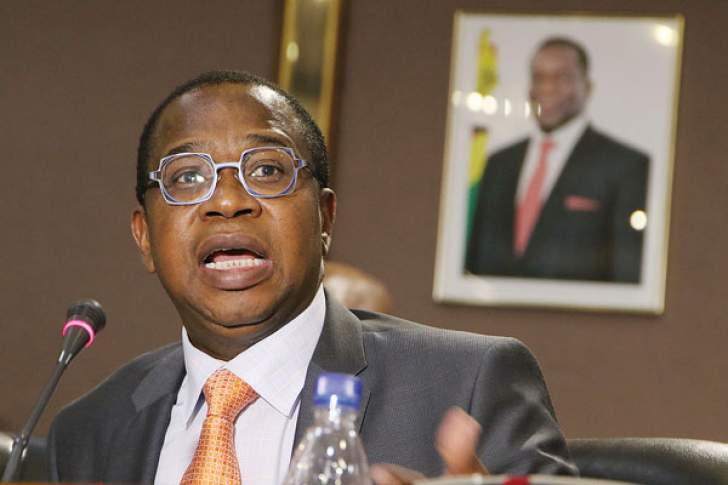AUSTERITY measures and associated policies being implemented by Finance Minister Mthuli Ncube are plunging women and children into deep poverty due to lack of adequate social safety nets a an activist has said.
Naome Chakanya said this in an interview with on the sidelines of the Women’s Coalition of Zimbabwe (WCoZ) economic rights indaba.
She accused Ncube of putting in place policies without getting input from the country’s biggest gender group and argued these have increased the burden on women.
“This month we commemorate the first anniversary since October 2018 when economic policies which are bedeviling women were effected. Information at hand shows that before the policies came into effect, inflation was at 5.6 % but just a year later it has surged to over 175%.
“What boggles the mind is that women tend to carry the worst part of these effects especially in times like these when government has cut down on social expenditure,” said Chikanya.
She bemoaned the fact in the 2018 budget allocations, vulnerable households received an equivalent of US$71 over a period of one year amounting to US$6 per household monthly, a figure which increased from US$3 which was paid in the previous year.
“Also the government run, Basic Education Assistance Module allocated US$48 per child over a 12 months period while US$6 per child a month went towards welfare support.
“BEAM is only providing support for 416 000 vulnerable and orphaned learners (US$20 million) against registered claimants of around 1.1 million,” she said.
Chakanya added that the adverse effects of the policies are felt on the accelerated erosion of women’s Informal Savings and Lending Schemes, locally referred to as “mikando” or Savings and Credit Cooperatives which had effectively served as informal social protection schemes for most women.
“Government is therefore externalising the cost of care on to women who continuously face increased care burden on their shoulders and what is more worrying is that despite constituting 52% coupled with extra chores of looking after vulnerable children, there has never been an attempt to get our input,” said Chikanya.
It was also observed that since October 2018 rising inflation has had an impact on National Social Security Authority’s pension payouts through which beneficiaries are currently receiving minimum payouts of $80 per month (about US$5 at 1:16 parallel market rate), while the surviving beneficiaries are receiving a minimum of $32 (about US$2 at 1:16 parallel market rate).






